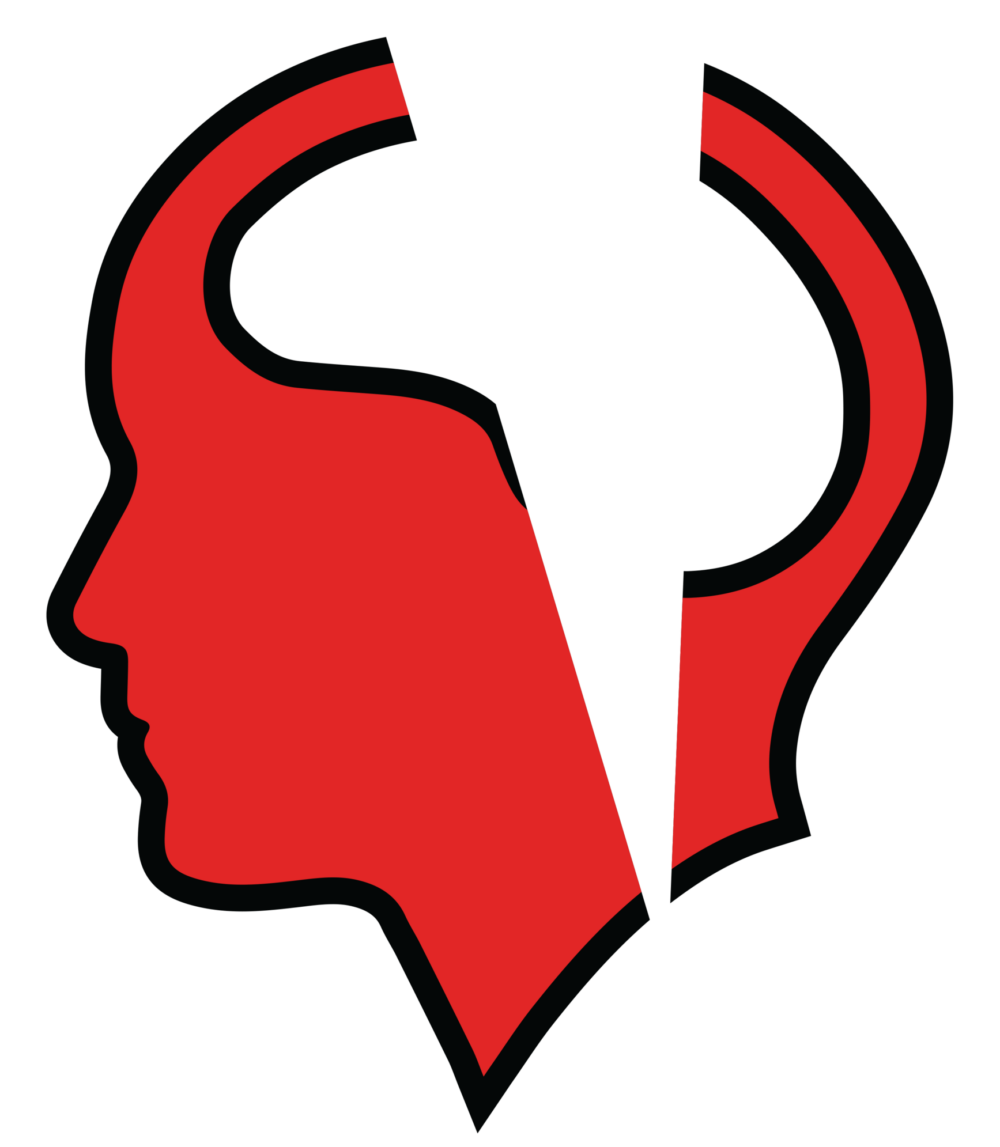Abnormal psychology is the study of unusual patterns of behavior, emotion, and thought, which may or may not be understood as precipitating a mental disorder. Understanding the brain components involved in abnormal psychology is essential to grasp how various psychological disorders manifest and are treated. This article delves into the main brain components relevant to abnormal psychology: the amygdala, prefrontal cortex, hippocampus, and neurotransmitter systems.
Amygdala
The amygdala is a small, almond-shaped structure in the brain that is crucial for processing emotions. It plays a key role in fear and anxiety disorders, including post-traumatic stress disorder (PTSD) and phobias. The amygdala helps individuals to recognize potential threats and triggers the body’s fight-or-flight response. In abnormal psychology, an overactive amygdala can lead to heightened fear and anxiety responses, often seen in anxiety disorders.
Prefrontal Cortex
The prefrontal cortex (PFC) is responsible for higher cognitive functions, including decision-making, problem-solving, and impulse control. In the context of abnormal psychology, the PFC is often linked to disorders involving executive function and self-regulation, such as attention-deficit/hyperactivity disorder (ADHD) and borderline personality disorder (BPD). A dysfunctional prefrontal cortex can result in poor decision-making, impulsivity, and difficulty in managing emotions.
Hippocampus
The hippocampus is involved in forming new memories and connecting emotions and senses to these memories. Its role in abnormal psychology is particularly significant in the context of mood disorders and trauma-related disorders. For example, in major depressive disorder, the hippocampus can be smaller in volume, which may affect how individuals process emotions and memories. In PTSD, the hippocampus is involved in the retrieval of traumatic memories.
Neurotransmitter Systems
Neurotransmitter systems, including those of dopamine, serotonin, and norepinephrine, play fundamental roles in the brain’s functioning and are intimately linked with abnormal psychology. Imbalances or dysfunctions in these neurotransmitter systems are associated with a variety of psychological disorders. For example, serotonin is often linked to mood regulation, and its imbalance is a known factor in depression and anxiety disorders. Dopamine is related to reward and pleasure and is often discussed in the context of schizophrenia and addiction.
In conclusion, the study of the brain components such as the amygdala, prefrontal cortex, hippocampus, and neurotransmitter systems is crucial in understanding and treating psychological disorders. Abnormal psychology provides the framework to study how these components interact and affect behavior, offering insights into the complex nature of mental health and illness.
